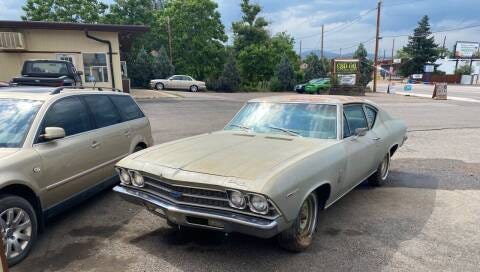As I hinted in my previous article about beating the draft, I took a flyer off a bulletin board at school about “summer internships in the Federal Government.” I sent in the form, and thought no more about it. What were the chances?
I was getting my B.S. in Mathematics and Computer Science (CS) in June, and I’d had lots of programming experiences, even s…



